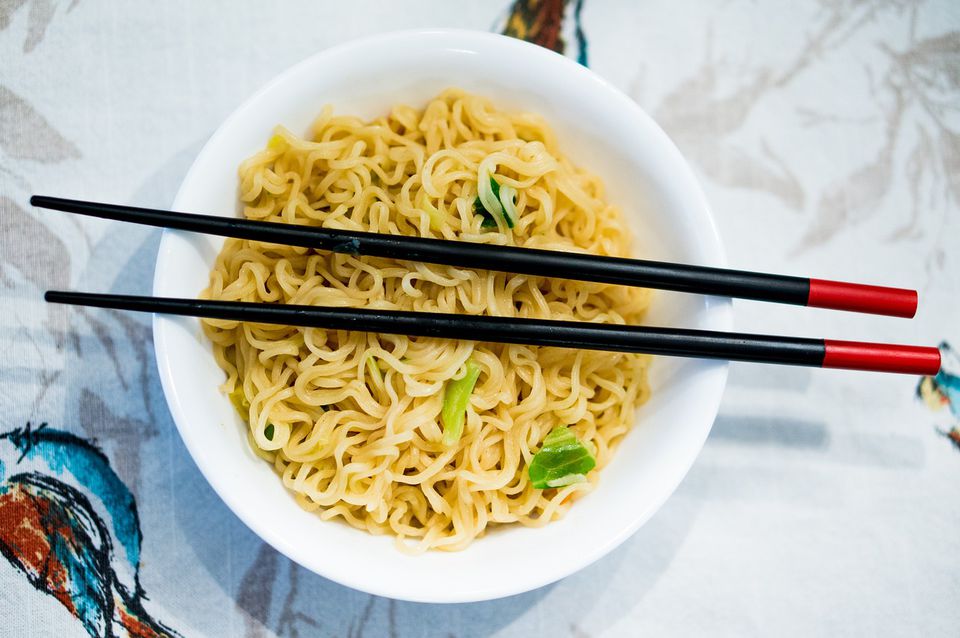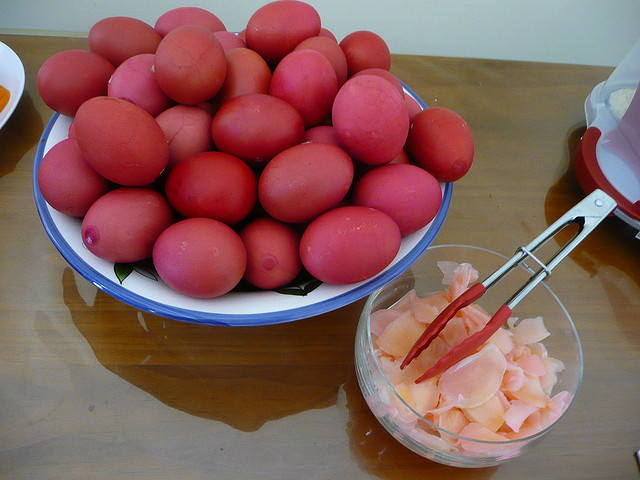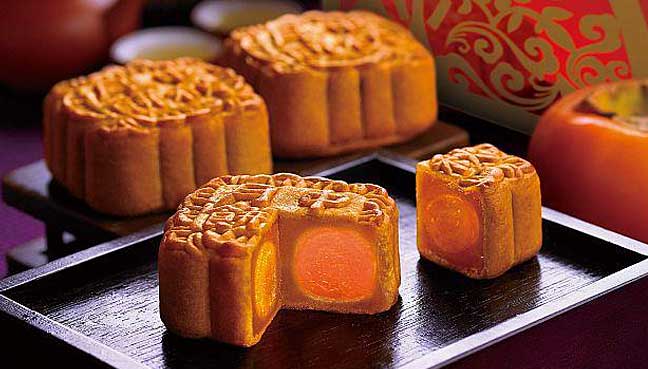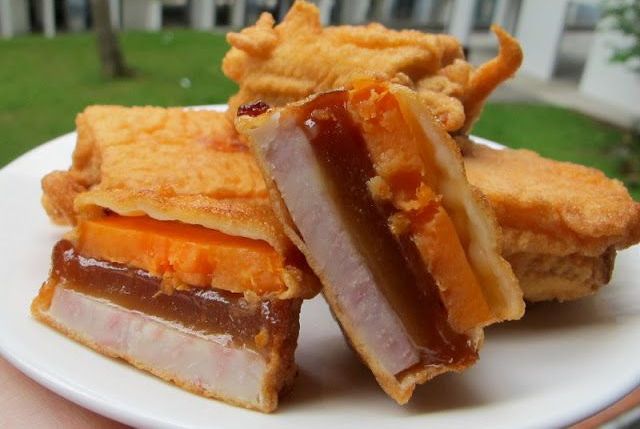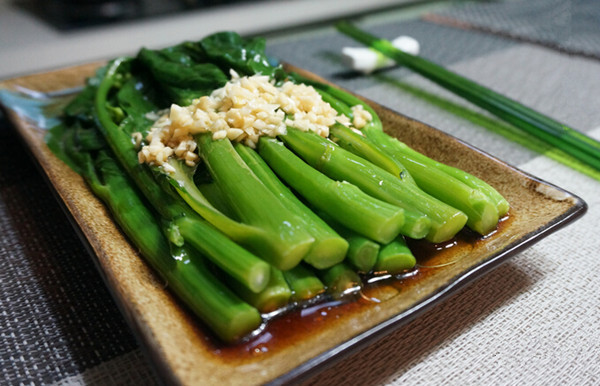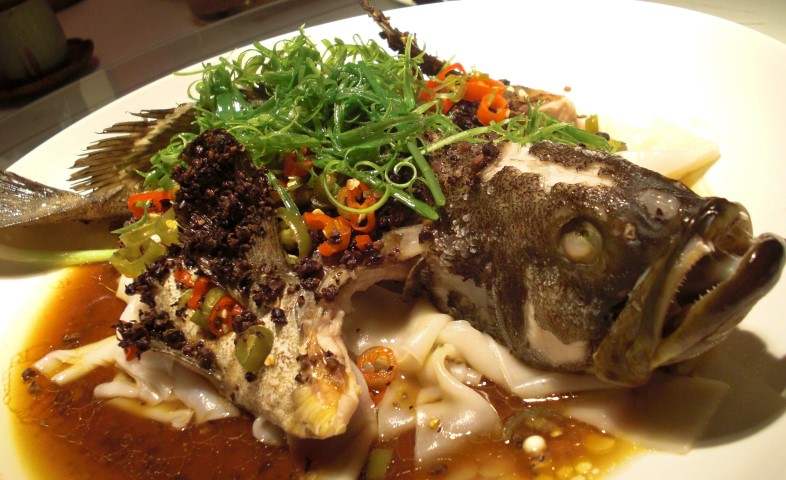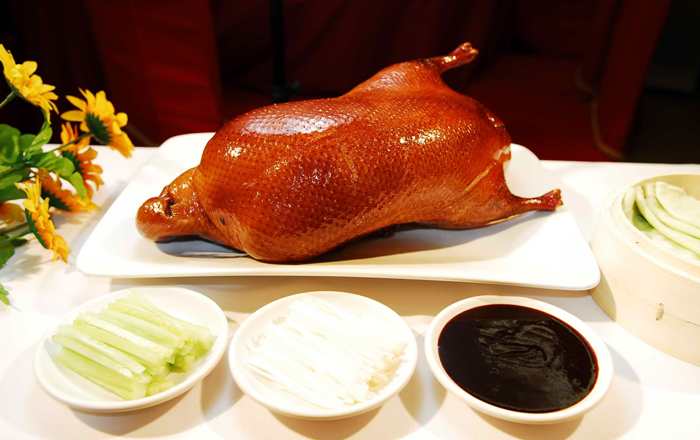Do you want to know about the top interesting symbolism of Chinese foods? If yes, check out these top 10 symbolisms in Chinese food.
China as a country has a rich history that percolates everything. Food, culture, families, rituals, festivals everything reflects this heritage. The Chinese as people have retained most of the historical practices even in the fast-paced world that we live in today. They are bound by their belief and value system that is the very foundation of their existence.
Chinese food is part of this rich history that China boasts of. Food is integral to any culture, more so, when a particular culture has survived generations of changes. For many of us, food from China is introduced as ready to cook noodles available in retail stores or noodles placed as order Chinese food online. But, there is more to Chinese food beyond noodles. There is a philosophy that has guided it to become what it is today. Chinese food also leans heavily on symbolism.
The general underlying principle regarding food amongst the Chinese folks is that it is a time for union, friendly banter, sharing and being there for each other. It is for this very reason that Chinese restaurants are noisy and busy. Some people even believe that Chinese food in a quiet restaurant symbolizes not great food. Of course if one were to order Chinese food online, then there is hardly anything that can be said about noisy or busy.
Food is also used as a means to express certain emotions and feelings. This is the reason there are specific food items made on specific occasions. Here is a list of interesting symbolism associated with Chinese food. It is deeply touching to know the meaning of these symbolisms in Chinese food.
Top 10 Symbolisms in Chinese Food
10. Noodles symbolize longevity
Noodles are one of the most popular food worldwide. As per Chinese philosophy Noodles symbolize the longevity. Yes, it symbolizes a long life. One will hardly find a birthday party sans noodles. It is more important than a birthday cake. It is for this very reason that cutting noodles at a birthday party is seen as a bad omen.
See also– Top 10 Best Indian Foods that Foreigners Must Try
9. Eggs symbolize fertility
An egg is one of the most common food across the world. There are many delicious dishes associated with eggs such as boil egg, half fry, Omelette, etc. However, eggs represent something as per Chinese.
The Chinese share eggs when blessed with a baby. The gender of the baby decides the number of eggs shared. Even in the number of eggs for a girl and an odd number for a boy are shared.
8. Dumpling symbolize good fortune, family and good luck
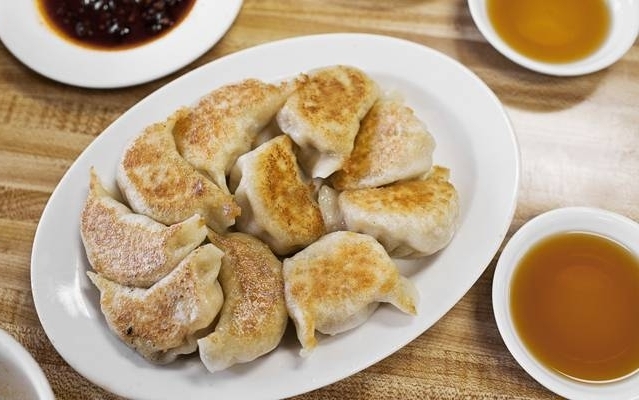 Dumpling is one of the popular and traditional Chinese food ever. This Chinese food also liked by many people across many countries. The interesting question is that, what is the Dumbling symbolism as per Chinese. The Dumbling represent wealth as per Chinese belief and the family used to eat it during the New Year’s Eve.
Dumpling is one of the popular and traditional Chinese food ever. This Chinese food also liked by many people across many countries. The interesting question is that, what is the Dumbling symbolism as per Chinese. The Dumbling represent wealth as per Chinese belief and the family used to eat it during the New Year’s Eve.
See also– Top 10 Most Popular American Foods
7. Chicken represents family unity
Hmm, one of the most popular and most delicious foods in the world is nothing but Chicken. You can find people eating chicken dishes in every part of the world. But do you know Chicken also symbolize something as per Chinese belief? It is believed that serving the whole chicken brings wholesomeness and family unity. Most Chinese weddings have chicken served because of the same reasons.
6. Seeds represent progeny
Chinese New Year is a wonderful time to taste seed-based goodies. It is the time to thank and remember the ancestors. Lotus seed-based moon cakes are made as an offering. The underlying logic is that many seeds represent the many children of ancestors. Meanwhile, the seeds symbolize the progeny.
5. Fruits are symbols of abundance and good luck
Fruits available in every part of the world and their yield depends on the weather and country. In Chinese, fruits have also some meanings. For example- Tangerines, pomelos, and oranges are passed around freely during New Year as they sound and represent wealth, abundance and good luck. Besides that Grapes, Plums, and Kumquats symbolize the Good Luck and Prosperity.
4. Sticky rice cakes symbolize familial bonding
The Chinese New Year witnesses the making of the most traditional recipes. The sticky rice cake is one such dish. It is supposed to represent family bonding or better say strong family bonding. The core is sweet and the layers are closely bonded, an ideal way a family should be. So, the symbolism associated with food as per Chinese is strong family bondings and relationship with each other.
3. Vegetables represent wealth and eternity
While talking about vegetables, each one has a different meaning in Chinese believe. For examples, below we are listing some of the popular vegetables and their symbolize in Chinese food.
Bamboo– This food represents eternity and wealth as per Chinese philosophy.
Soya Beans– It represents the simile for sexual relations and the extension of society.
Garlic- It symbolizes the prosperity, health, or rich progeny in numbers or economics.
Mushrooms- This food represents longevity or even of eternity.
2. Fish is a symbol of prosperity
We all know that Fish is one of the most popular foods across the world with many advantages. But do you know what Fish symbolize as per Chinese? Chinese people believe that Fish brings prosperity and wealth. Hence it is served on all special occasions. Sometimes the whole fish is served because of this belief. So, the symbolism associated with this Chinese food is a victory.
Therefore next time, if someone will ask you what fish represent in Chinese food, you need an answer it means wealth and prosperity.
1. Ducks symbolize fidelity
Most Chinese wedding banquets serve Peking duck as one of the key dishes. This is because of the belief that ducks are loyal to their partners. An ideal blessing for any married couple.
These symbolisms in Chinese food are age-old and have been consistent through generational changes. It is not easy to find the origin of them but the good sense that prevails due to these symbolisms are proof that the Chinese knew their fruits, vegetables, meat stock, and symbols well.

